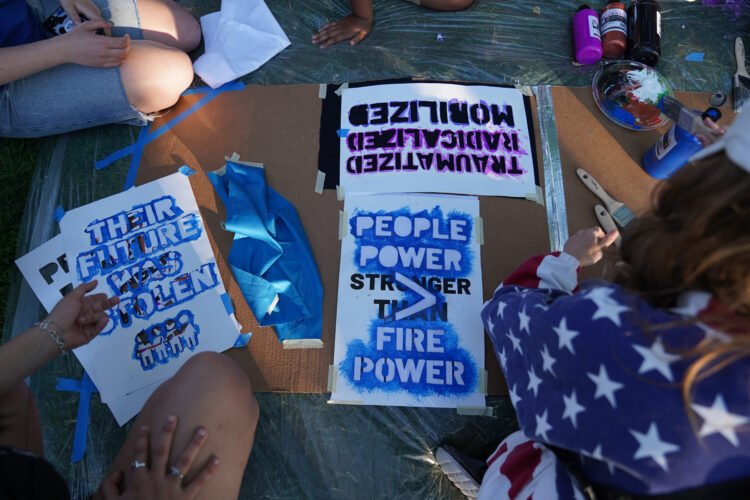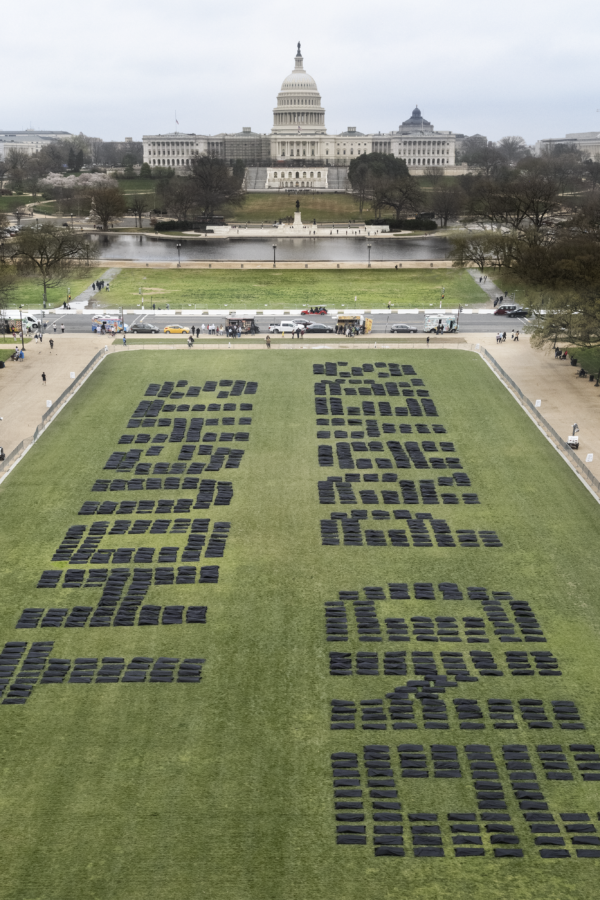WE REFUSE TO DIE WAITING.
We will be the generation to end gun violence.
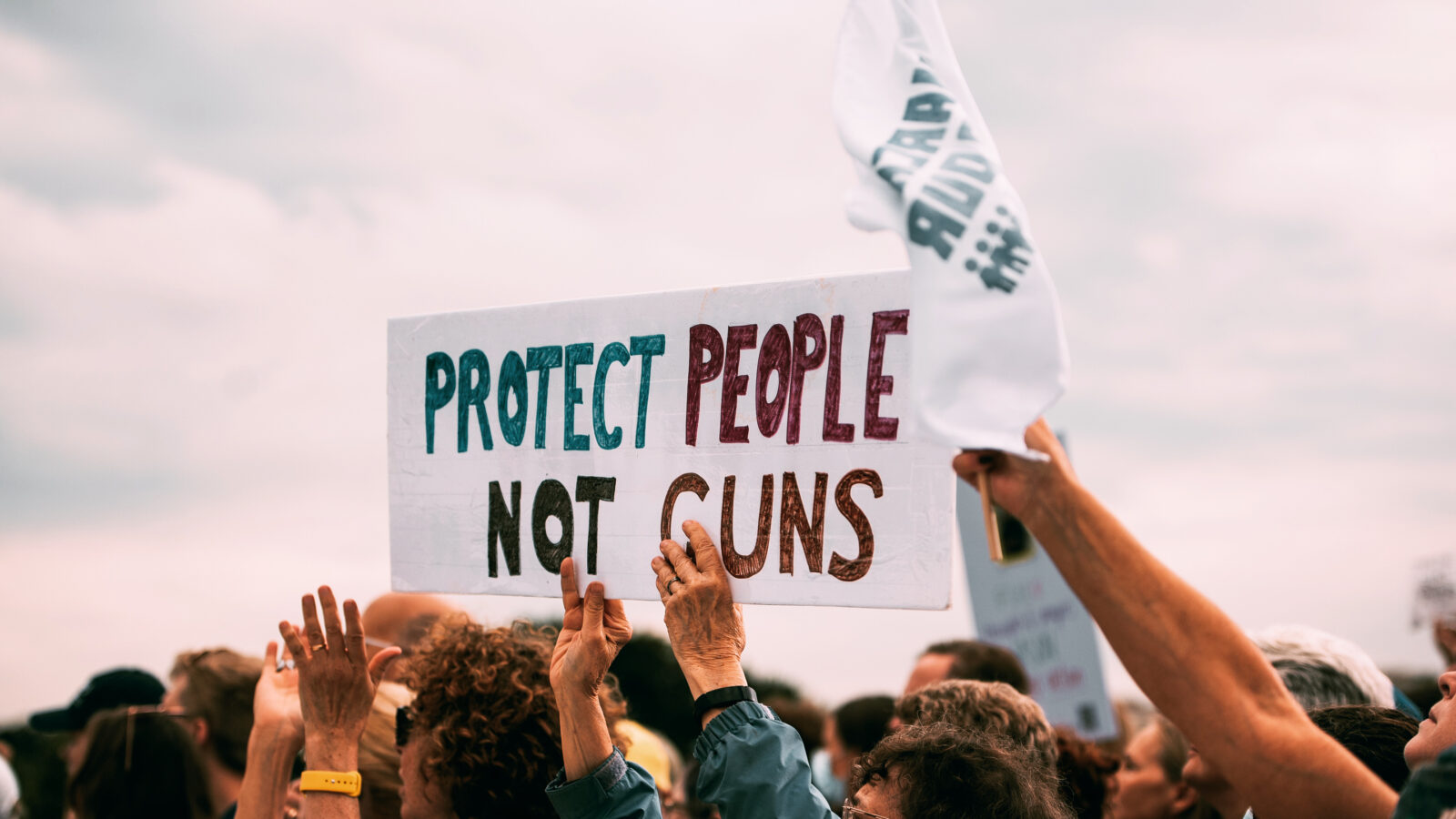
Since 2018, we’ve changed the narrative on guns completely.
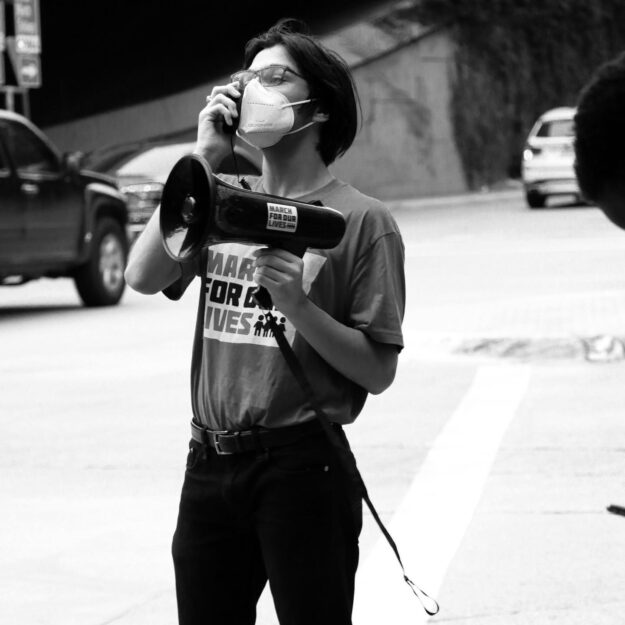
State laws passed that have saved lives.
NRA cronies defeated in elections.
Young people mobilized to vote.
Since we marched in 2018, we’ve ushered in a new era in the gun safety movement. Gun safety laws are no longer a third-rail issue in politics. In fact, our polls indicate that getting right on guns improves the likelihood of victory in tight elections. And we’ve been on the leading edge of fighting for change, bucking the odds and winning even in the unlikeliest of places. We’ve raised the age to purchase a firearm in deep red Florida and expanded background checks through an executive order in Tennessee; we helped flip Michigan and win the first comprehensive gun safety package there in decades and leaned on strength in California to push model legislation to get around a radical right-wing Supreme Court. And we’re just getting started. Here are a few victories we’ve celebrated these last few years.
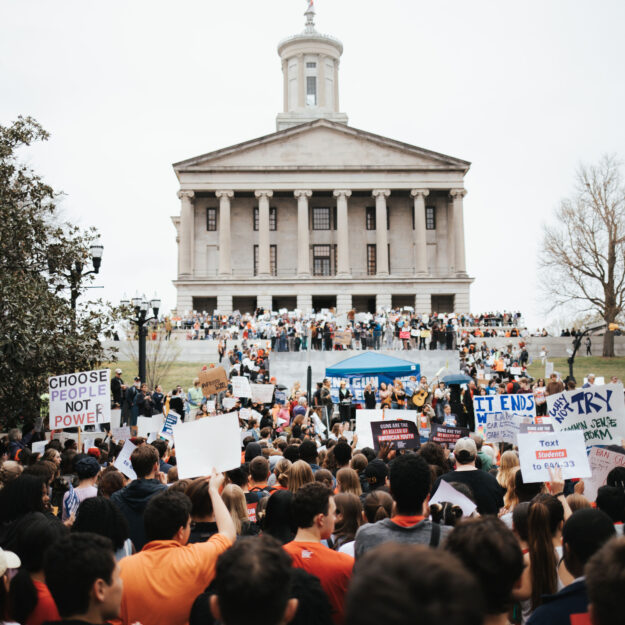
We will be the generation to end gun violence.
